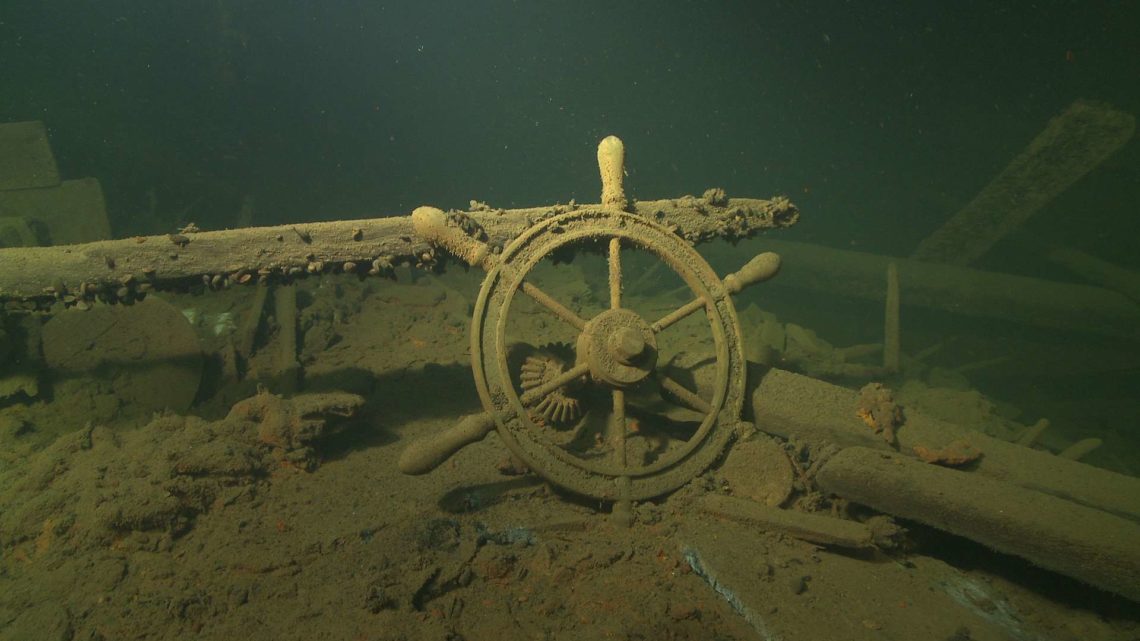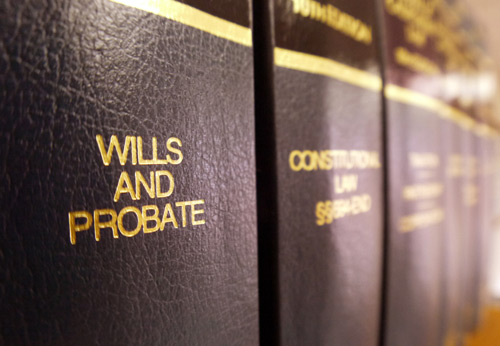In another case distinct from last week’s shipwreck blog post, salvage company Intersal, Inc. (“Intersal”) seeks to overturn a decision in favor of the North Carolina Department of Natural and Cultural Resources (the “NCDNCR”), the Secretary for the NCDNCR, the State of North Carolina, and the now-dissolved non-profit company Friends of Queen Anne’s Revenge (“FQAR”). Unlike the previous blog post, which addressed alleged copyright infringement, the litigants to the instant dispute are debating the enforceability of two contracts between the parties, whether the NCDNCR breached those contracts, and whether FQAR induced NCDNCR’s alleged breach. The Permits In 1994, the NCDNCR granted two permits to Intersal to search for…
-
-
Caveat to a Caveat to a Will: North Carolina Court of Appeals Offers Non-Binding Opinion
In October the North Carolina Court of Appeals issued an unpublished opinion addressing the circumstances under which it is appropriate to grant a motion to dismiss in the context of a will caveat.[1] A caveat is a legal challenge to the probate of a will when there is confusion or disagreement as to the interpretation of the will. The three issues addressed were: (1) can a caveat challenge only a part of a will; (2) can an executor who presents a will for probate later file a caveat; and (3) can one who accepts a benefit under a will later challenge its validity via caveat?…
-
Challenging the Validity of a Will vs. the Construction of a Will: North Carolina Court of Appeals Clarifies
Earlier in September the North Carolina Court of Appeals highlighted the procedural difference between challenging the validity of a will through a caveat proceeding and resolving questions as to the construction of a will through an action for declaratory judgment.[1] Plaintiff, Deborah Hildebran (“Hildebran”) was listed as the executrix of her father’s will (the “Will”). Upon her father’s death, the Will was probated in common form before the clerk and Hildebran was appointed executrix. The Will contained several handwritten markings, notably a line that struck through the name of the testator’s granddaughter Chanté Brittian…
-
Rule 11 Sanctions Imposed for Improper Breach of Fiduciary Duties Claims Against Rank-and-File Employees
In September 2011, Southeast Air Charter, Inc. (“Southeast Air”) brought suit against three (3) employees (“Defendants”) alleging, among other things, breach of fiduciary duty and constructive fraud. The North Carolina Business Court (“NCBC”) determined all defendants were rank-and-file employees of Southeast Air and therefore could not be subject to the breach of fiduciary duty and constructive fraud claims. As such, Plaintiff and Plaintiff’s attorneys were subject to Rule 11 sanctions for bringing these claims without any factual basis. In determining the appropriate amount of sanctions and the allocation of attorneys’ fees incurred by Defendants, Judge James Gale, Chief Special Superior Court Judge of the NCBC,…
-
Fired for Discrimination Complaint: Wrongful Termination Suit Fails to Survive Motion to Dismiss
The North Carolina Court of Appeals recently affirmed a trial court’s decision to grant a motion to dismiss a lawsuit when the Plaintiff, Lisa Green-Hayes (“Green-Hayes”) failed to properly state a claim for retaliatory wrongful termination.[1] In her complaint, Green-Hayes alleged she was subjected to the “discriminatory employment practices and … attitude of [defendant]” when he refused to hire women for certain positions, paid women and minorities less than other employees, and told her not to hire women based on certain physical criteria. Green-Hayes argued she was terminated from her employment in reprisal for engaging in the protected activity of complaining to the Defendant, Handcrafted Homes, LLC (“Handcrafted…




